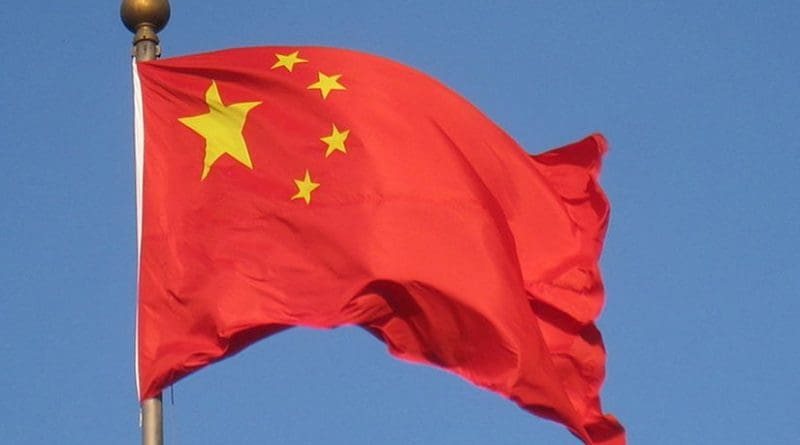China’s Anti-Graft Drive Supports Resilient Growth – OpEd
As China’s anti-corruption drive is expanding from the public and corporate sector to financial institutions, some argue that it is hurting economic growth. In reality, it is the rule of law that can ensure China’s resilient growth.
On taking office, top leader Xi Jinping vowed to crack down on “tigers and flies”, corrupt senior and lower-level officials. Over the past three years the anti- corruption campaign has been executed under the direction of the Central Commission for Discipline Inspection and its chief Wang Qishan. In the first 11 months of last year alone, more than 43,200 Party members were scrutinized, while over 29,000 were given Party or administrative disciplinary punishment.
But in early December, global financial giant BNP Paribas said the anti-corruption campaign has knocked 1-1.5 percent off the country’s GDP annually over the past two years and continues to hit the economy. According to the bank, the anti- corruption drive has harmed investment and gift-giving, local governments’ investment projects and foreign multinationals.
So, is the campaign against corruption really bad for economic growth?
The impact of corruption
In China, investment as a source of growth is declining while the share of consumption is increasing in relative terms. And that has little to do with the anti- corruption drive. Rather, it is the result of rebalancing away from investment and net exports toward consumption and innovation.
The idea that the anti-corruption campaign is curbing local governments’ investment impetus is flawed. Instead, local governments are constrained by debt, which soared after the global financial crisis when excessive liquidity led to speculation in property markets. At the end of 2014, local debt amounted to $2.3 trillion. And yet, critics seem to blame the anti-corruption campaign for local governments’ risky and opaque liabilities at a time when the CCDI is targeting corrupt local government officials.
Also, gift-giving has never fueled China’s aggregate economy. In the past, it benefited those who received the gifts and those that gave the gifts in return for favors. The consequent “sweetheart” deals and exclusive relationships reduced government revenues and people’s livelihoods.
China is no exception to the rule of growth deceleration. But the challenge is of an entirely different magnitude because of its more than 1.3 billion people.
The CCDI began its campaigns in 2013 with the sacking of several regional leaders. Then came the fall of several “big tigers”. Concurrently, investigations expanded to ministries, media, state-owned enterprises and telecom giants.
The claim that China’s growth deceleration is a result of the anti-corruption campaign is absurd. Amid industrialization, most advanced economies — including the United States, Western European countries and Japan — enjoyed higher growth, which decelerated with the transition to post-industrial society.
Unsurprisingly, then, as anti-corruption investigations were stepped up in financial institutions after last summer’s market meltdown, financial criticism against anti-corruption measures escalated.
Nevertheless, the CCDI’s targets include a dozen executives of China’s biggest brokerage Citic Securities, hedge fund executive Xu Xiang and the chief of a Hong Kong arm of giant brokerage Guotai Junan Securities. Even regulators, including the vice-chair of the China Securities Regulatory Commission, have been investigated and removed.
The role of speculation
Interestingly, financial institutions’ concern about the anti-corruption drive increased at a time when the People’s Bank of China issued notices to several foreign banks — reportedly, Citigroup, Deutsche Bank, HSBC, Standard
Chartered and BNP Paribas — asking them to suspend certain foreign exchange activities until March 2016.
The PBoC worries about currency speculation, which has contributed to increased capital outflows from China and does pose a threat to the country’s growth.
In China, corruption, left unpunished, would doom the state, society and growth.
In the short term, the anti-corruption drive may contribute to uncertainty and occasionally volatility. In the long term, however, it is critical to resilient growth.
This article was published at DifferenceGroup.net

